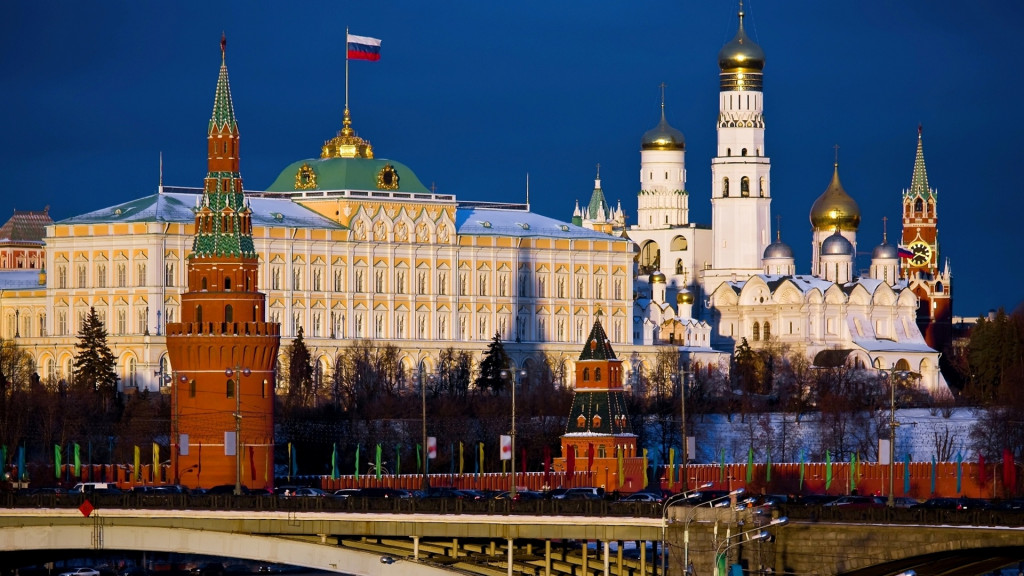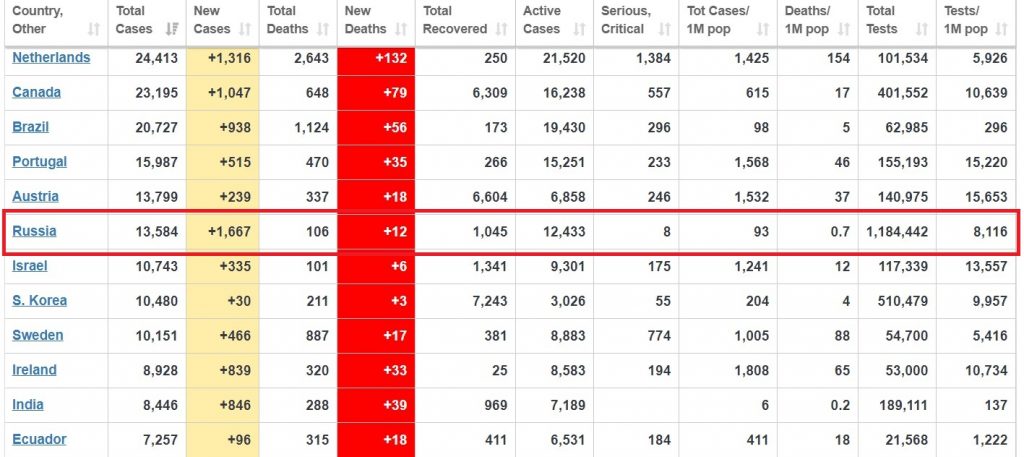On April 11, Moscow mayor Sergei Sobyanin signed a decree on the procedure of processing and using special digital passes in the city. The decision to introduce a special digital pass system to enforce coronavirus lockdown rules in the Russian capital was announced on April 10. Soon, digital passes will become mandatory for all residents of Moscow.
According to the Sobyanin decree, residents will be able to start getting digital passes on April 13, while on April 15 they will become mandatory for trips in Moscow and the region by personal and public transport.
At the current stage of the digital pass system launch, people on foot still can move across the city without passes. However, they still have to comply with the established rules and restrictions of the so-called ‘self-isolation regime’.
- A digital pass is a special code consisting of numbers and letters. The first four characters of which indicate the expiration date of the pass. The remaining 12 characters will identify its owner and the purpose of the trip. Authorities and security services will be able to use the QIR code of the pass to check the information.
- A digital pass is required for travel on any type of personal and public transport. Residents moving through Moscow and the region will have to show a passport and a digital pass (show a printout or screen of a smartphone) upon a request by Police. Officers will check the pass using a special program.
Currently, there are 3 categories of digital passes:
- for travel related to work and official trips. Residents with such passes will be able to go to work and return home without suffering from administrative penalties and fines for the violation of the self-isolation regime;
- for trips to medical facilities. Passes in this category will be issued for a single day and allow to travel to a particular medical facility;
- for trips for other personal purposes of the high importance (to visit a store, reach a railway station etc). A digital pass of this category is issued for a single day and allows a trip to the destination and back. A resident can obtain such a pass two times per week only.
On April 10, Moscow authorities announced that they were planning to gradually introduce the digital pass system. Therefore, it’s expected that the limitations of the freedom of movement for residents traveling on foot will be also introduced soon.
According to reports in Russian media, servers of the IT company involved in the Moscow digital pass system development and support are located in the European Union. If this is confirmed, this move will be another public federation of the Russian federal law.
It should be noted that the state of emergency has not been introduced in Moscow yet. Therefore, under the Russian constitution, local authorities have no official right to limit freedoms of the residents. Despite this, the Sobyanin team is employing its levers of administrative pressure to push forward the idea of the digitally-enforced ‘self-isolation’ regime that in fact is the regime of the administrative limitations of residents’ legal rights.
On April 11, Moscow authorities also reinforced security checkpoints at the entrances to the city. Media reports say that they are working to ‘unofficially’ ban a part of people to enter the city. This move raised serious concerns among the local population, which is already disgruntled by the Sobyanin-style ‘self-isolation’ regime. By limiting the freedom of people to enter the city and enforcing the digital pass system for Moscow residents, local authorities are in fact isolating the Russian capital from the rest of the country.
Right now, the official media says that these limitations are introduced for the period until April 30 only. However, the practice around the world demonstrates that such ‘temporary measures’ could last much longer than it’s announced initially.






If it’s not designed for repression. The authorities may be looking for the Jew’s and Zionist’s bioweapons agents preparing to genocide millions of Russians this century like they did last century. To advance their slave planet and mass global genocide agenda.
Wonder if an Israeli company is handling the digital passes
Nahhhhhhhh…the article says that it is an EU company. But matters not. If it is digital, Israel has access to it.
It is good to see that some governments are at least playing with the idea of end dates. But we need to keep vigilant about it and not let it slide into a permanent state of affairs.